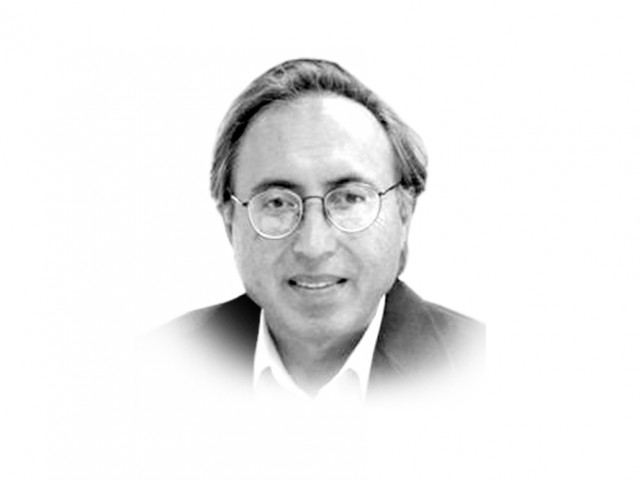Pakistan’s never-ending crisis
The enduring crisis of Pakistan: accessing power above law and ethics, and using it mainly for personal interests.

Pakistan’s never-ending crisis
There are two opposite notions of ends and means of power and the distinction between the two separates the modern world of politics from that of the feudal, pre-modern age. In the old world view, power is personal, unbound by ethics, law and popular aspirations. All foul means, like the capture of the state by the men in uniform or rigging of elections and referendums fall in that category. That is politics of the feudal age practiced in modern times.
If the means of attaining into political power are corrupt, the end of exercising that power cannot be fair or oriented towards general public good. That is what our history and the histories of other troubled societies inform us; don’t be misled by the demagogic claims and fiery rhetoric about the people and the national interest.
Successful societies first in the western world, and now everywhere, have struggled against this bigotry, and their success lies in defining the rules of power games. This is the second conception about the pursuit of power. Never has the struggle for subjecting power to rules and public morality been painless or come about without sacrifices. But ultimately, it is that degree of pain and sacrifice that liberates societies from the old and fascistic ways of politics and power.
This is exactly the enduring crisis of Pakistan; the accessing of power above law and ethics and using it mainly for personal and group interests. It is an old rule from the feudal empires to throw some crumbs in society’s way but largely stability of the existing order would rest on deception, manipulation, fear and bribes to those who can join those in power. This has been our politics from Ayub Khan to Pervez Musharraf. The same old power game has taken only a democratic sheen; sadly much of the means and ends of power remain in the old feudal mould. That is our story from Karachi to Khyber, the narrative of which is defined by this very corruption, misuse of power, violence and manipulation.
Where can we find the remedies to make access to power lawful and its exercise responsible? We don’t need to reinvent the wheel. Humans, intelligent ones, learn faster by looking at how others have done it. This is possible only by establishing a tradition where rule of law prevails and fading remnants of this can be found in our own imperial modernity and institutional foundations.
The reason for our enduring crisis is that our society at large is weak, fractured, and driven by irrational impulses of religious fanaticism and narrow ethnic biases that accept violence as one of the first and last principles of politics. By its logic and the benefit of history, the struggle for ending the crisis of power games must start with a broader social movement of modern ideas about power. We can use latent social energies of new middle classes, put the power of the media to better use and further activate civil society to this end.
Published in The Express Tribune, November 22nd, 2010.















COMMENTS
Comments are moderated and generally will be posted if they are on-topic and not abusive.
For more information, please see our Comments FAQ